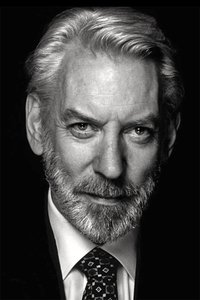North China Factory
Genres
Documentary
OverView
This documentary from 1980 depicts a factory community in China where over 6000 workers process, spin and weave raw cotton into 90 million yards of high-quality cloth per year. Also seen are the workers' residential, social, recreational and educational facilities, all located on factory property. The film presents an engrossing study of a lifestyle that is very different from that of the Western world.
Others
Budget
$--
Revenue
$--
Status
Released
Original Language
English
Runtime
56 mins
Rating
6/10
Release Date
01 January 1980
Country
Canada

